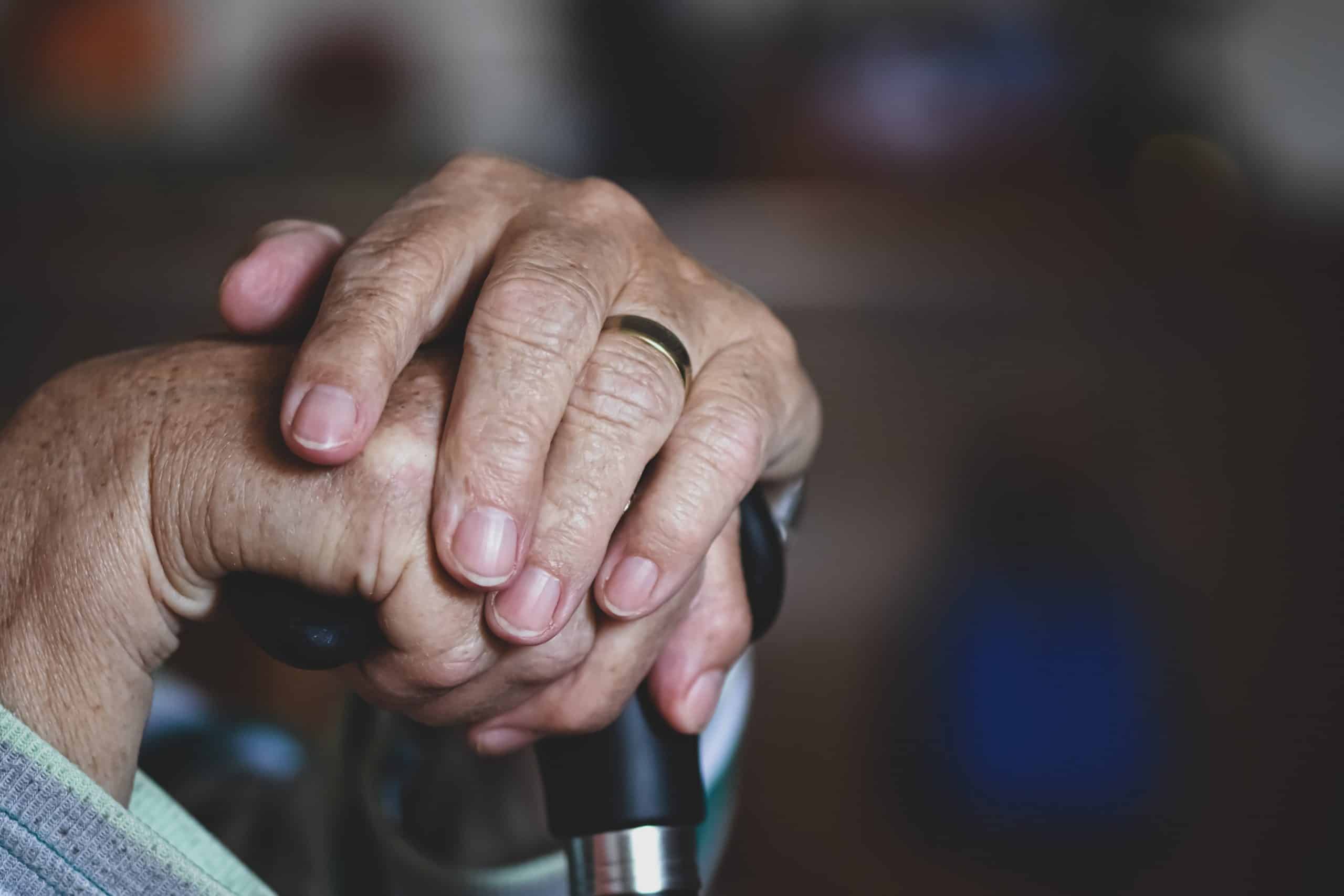Following a Call for Expressions of Interest (CEI) launched in September 2020, the five Hospital University Centers at Angers, Brest, Nantes, Rennes and Tours have positioned themselves to create and evaluate a prototype room for elderly patients within geriatric short-stay units. This test room is designed to provide the best possible response to the issues of safety, autonomy and ergonomics that are important factors in the hospitalization of patients from this demographic.
These hospital centers, that are all members of the HUGO GCS, the Health Cooperation Group of the Greater West region of France, have been working on this project with a number of partner firms (AIA Life Designers, Schneider Electric, Relyens, Eiffage). In addition, nineteen Year 4 students from the Ecole du design, the Care Design Lab in Nantes, have put together the initial drafts of the project, after immersing themselves in the centers and creating workshops in collaboration with the users.
“Hospi’Senior combines concepts and solutions from a range of disciplines in a single room in order to optimize the care and support offered to elderly patients in hospital. It is in response to a daily issue that hospitals face, namely, how to adapt our patients’ length of stay to their needs, while continuing to ensure their independence,” Fanny Gaudin, General Delegate of the HUGO Health Cooperation Group.
Intensive dialog between the medical, paramedical, technical and IT staff of the University Hospital Centers and the partner businesses has resulted in thirteen areas of achievement being identified. Amongst other innovations, the Hospi’Senior room is more tailored to each individual. Patient mobility is a priority. It is important to make both independent and carer-assisted movements easier. It is also important that patients be aware of the passage of time, thus for example there is a calendar on the screen facing the bed. Everything is designed to help patients negotiate their spatio-temporal environment. The gradual opening of the blinds in the morning simulates the sun rising slowly. By accessing the screens directly, the person is able to control the lighting and at the same time make use of interactive tools, etc.
A touch screen that is accessible via an articulated arm is made available to the patient in order to improve certain occupational and communication aspects of their day-to-day life. The room also has a more welcoming and less medicalized social area for visitors. The materials used for the furniture are also carefully chosen. The caregiver can personally choose a scenario based on the time of day and the care required.
As for safety, sensors on the ceiling detect any fall or suspicious lengthy immobility and immediately sound the alarm. Nocturnal movements, to the bathroom for example, are made safe via lights on the floor that show the way.
This national first will be evaluated between now and the end of the year from the point of view of patients, caregivers and helpers.
The same co-constructed and interdisciplinary approach is repeated in two other Hugo projects. The first concerns medical imaging tele-interpretation rooms, used by radiologists. The second is a new layout for pediatric oncology rooms that offers young patients a more stimulating living environment, that reduces their mental load, notably by the use of virtual reality tools.




